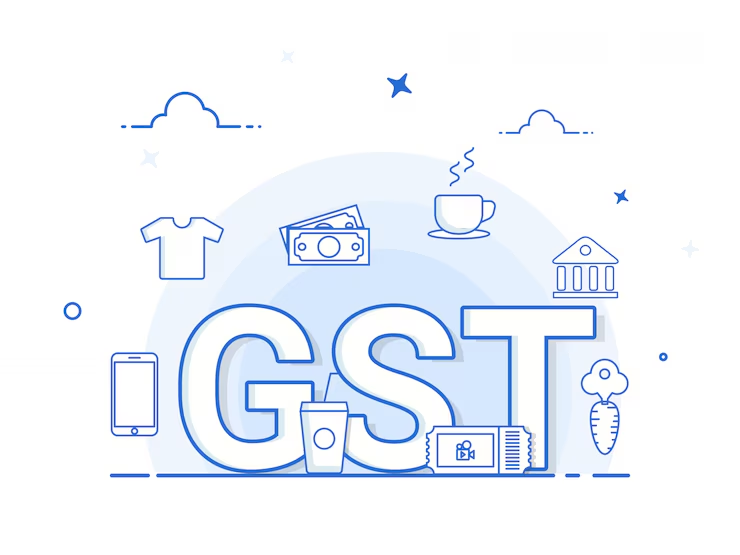Understanding Aggregate Turnover, Reverse Charge Mechanism, ITC, and Composition Scheme in GST for Mutual Fund Distributors

The Goods and Services Tax (GST) framework, introduced in 2017, brought significant changes to how taxes are applied to businesses, including Mutual Fund Distributors (MFDs). As service providers, MFDs face unique compliance requirements, particularly concerning aggregate turnover, the Reverse Charge Mechanism (RCM), Input Tax Credit (ITC), and the Composition Scheme. Here’s a closer look at each of these aspects and their implications for MFDs.
Aggregate Turnover
Aggregate turnover is the total value of all taxable and exempt supplies (goods and services) made by a registered person. This figure is critical for MFDs, as it determines their eligibility for GST registration and filing requirements. The GST exemption threshold for MFDs is ₹20 lakh in most states and ₹10 lakh in special category states. Once this threshold is crossed, MFDs must register under GST and adhere to the related filing obligations.
With the advent of GST, this rate rose to 18%, directly affecting the service costs for MFDs. However, GST also brought in benefits like the Input Tax Credit (ITC), allowing MFDs to claim credits on taxes paid for business-related purchases.
Aggregate turnover includes all taxable services, such as commission income from mutual fund distribution, as well as exempt services, exports, and inter-state supplies. For MFDs, this means including not only commission income but also other sources, such as fees for financial advisory or consulting services, if applicable. Properly calculating aggregate turnover is crucial for determining GST liability and ensuring compliance.
Reverse Charge Mechanism (RCM)
Under GST, the Reverse Charge Mechanism (RCM) shifts the responsibility of paying tax from the supplier to the recipient of goods or services. For MFDs, RCM initially applied to their commission income, where the Asset Management Companies (AMCs) paid GST on behalf of MFDs. However, since October 2017, this shifted, and MFDs became responsible for charging and remitting GST on their commission income themselves.
RCM continues to apply in limited circumstances, especially when services are provided by unregistered vendors. For instance, if an MFD hires an unregistered service provider for business-related activities, the MFD must pay GST on those services under RCM. Being aware of these nuances is essential, as non-compliance can lead to notices and penalties from the tax authorities.
Input Tax Credit (ITC)
One of the key benefits of GST is the provision for Input Tax Credit (ITC), which allows businesses to offset the GST paid on purchases against their GST liability. For MFDs, ITC applies to business-related expenses, such as rent, utilities, and professional services, provided that the invoices reflect the correct GST amount. Claiming ITC helps reduce the overall tax burden, as the distributor can deduct input taxes from the GST collected on commission income.
To claim ITC, MFDs must keep accurate records and ensure that their suppliers are registered under GST and compliant with invoicing requirements. Discrepancies in ITC claims or failure to reconcile purchases with suppliers’ records can trigger audits and potentially result in penalties. Ensuring that ITC is claimed correctly helps MFDs manage cash flow and optimize their tax position.
Composition Scheme
The Composition Scheme is a simplified tax regime available under the Goods and Services Tax (GST) for small businesses, including mutual fund distributors (MFDs) as a special case. However, this scheme is not applicable to all interstate supply of services, which limits its benefits for MFDs in their routine operations. To qualify for the Composition Scheme, businesses must ensure that their aggregate turnover in the previous year did not exceed ₹50 lakh for services and ₹1.5 crore for goods. Nonetheless, MFDs can apply for separate GST registration in each state under the same PAN. This allows them to classify their service supply as intrastate rather than interstate, enabling them to claim their brokerage effectively.
In summary, understanding aggregate turnover, RCM, ITC, and the restrictions on the Composition Scheme is essential for MFDs. Proper compliance with these components helps MFDs avoid penalties, optimize their tax liabilities, and ensure they remain within the legal framework of the GST system.